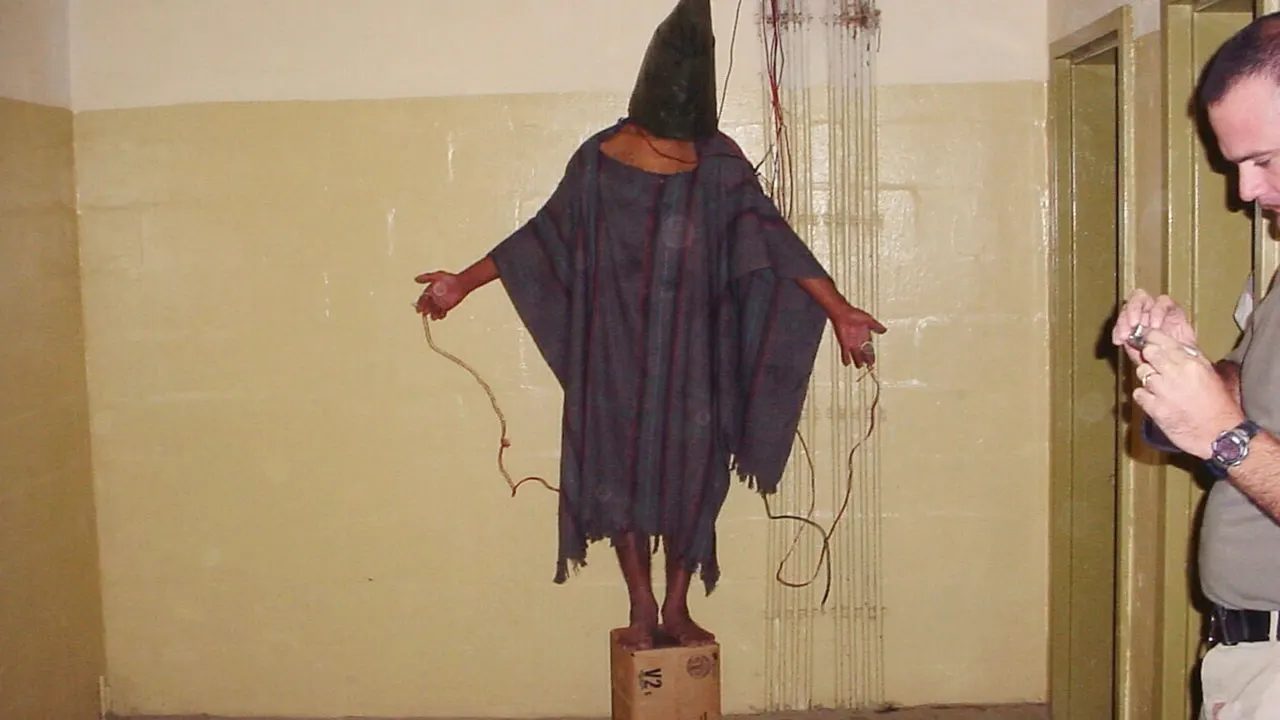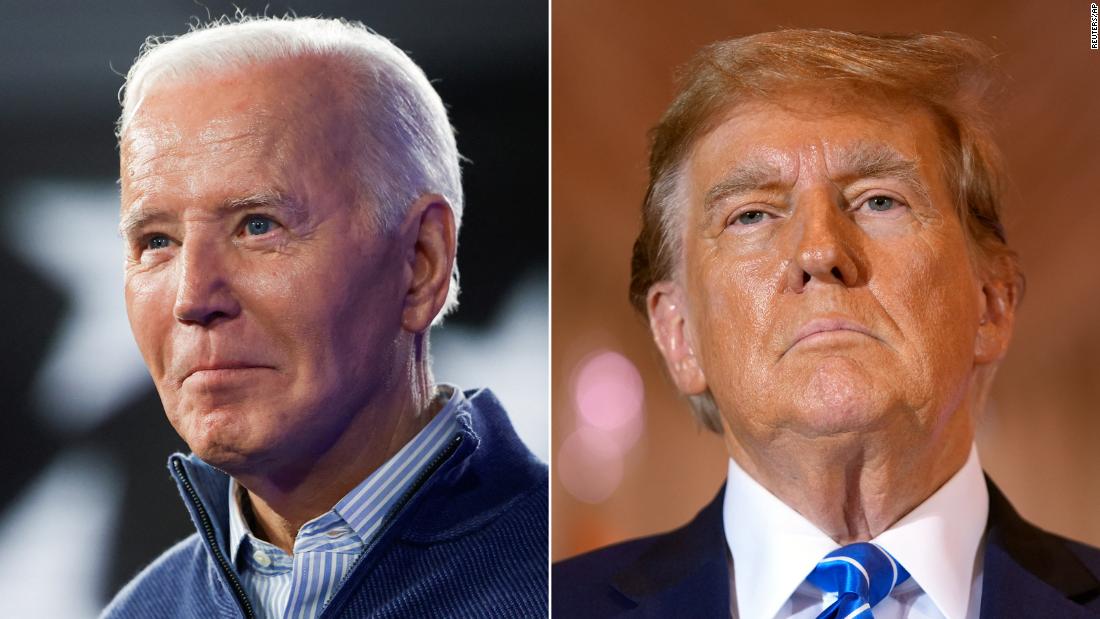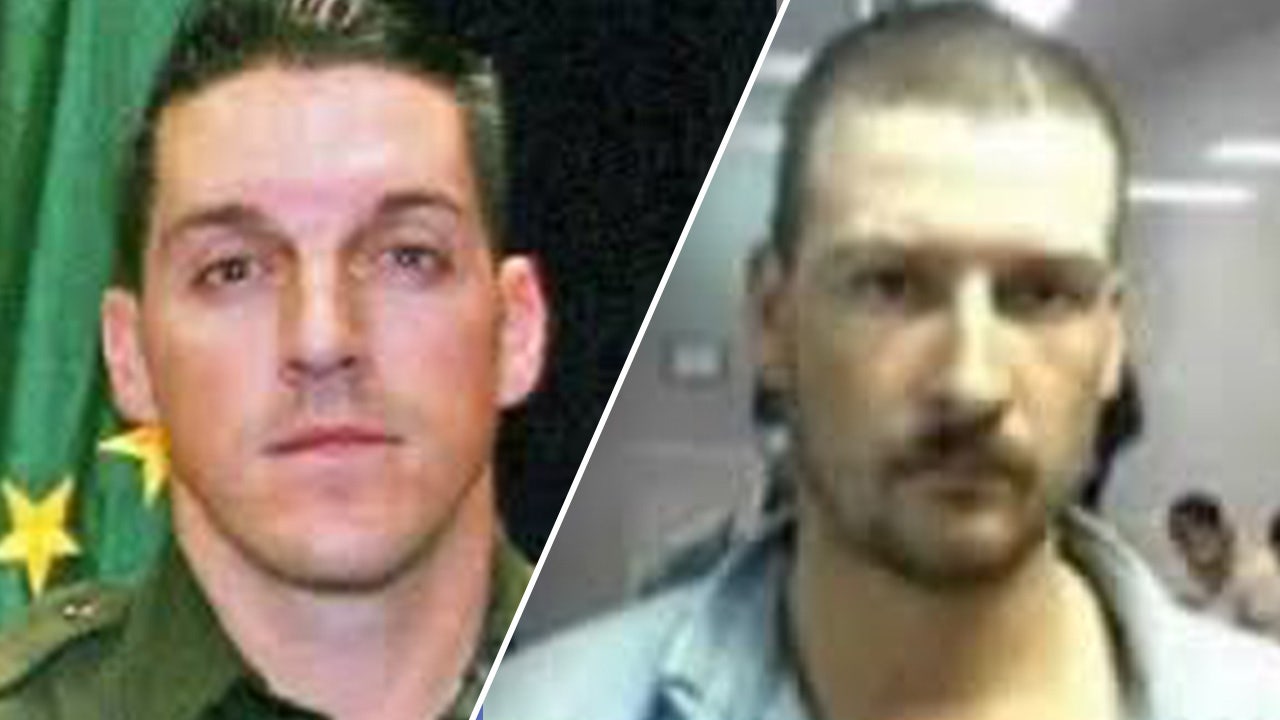- Detainees at Iraq's Abu Ghraib prison who allege abuse will testify before a U.S. jury for the first time in a lawsuit against Virginia-based military contractor CACI.
- CACI attorneys questioned whether plaintiffs can prove that they were abused or abused by CACI interrogators. Still, lawyers claimed that the U.S. military, not the company, supervised the interrogators' conduct.
- After a delay of more than 15 years, the trial is now moving forward very quickly.
A former detainee at the infamous Abu Ghraib prison described to jurors Monday the kind of abuse reminiscent of the scandal that erupted there 20 years ago: beatings, stripping and threats with dogs, stressful positions meant to induce exhaustion and pain.
The testimony of Salah Al-Ejaili, a former Al-Jazeera journalist who spent more than a month at Abu Ghraib in 2003, marks the first time that survivors of the US prison in Iraq have been able to bring their torture claims before a US court. . jury.
Al-Ejaili and two other Abu Ghraib detainees are suing Virginia-based military contractor CACI, accusing the company of contributing to their torture by sending civilian interrogators as part of an army contract. The lawsuit cites evidence in government investigations that CACI contractors encouraged military police to “soften” detainees before their interrogations.
HOW AN IRAQ WAR VETERAN COPED WITH PTSD USING MINDFULNESS AND BOURBON FLAVOR
CACI attorney John O'Connor acknowledged that some Abu Ghraib detainees suffered horrific abuse, but offered a three-pronged defense for the company in his opening statement to the jury.
First, he questioned whether the three detainees who filed the lawsuit can really prove that they themselves suffered abuse. They do not appear in the widely circulated photographs that were leaked in 2004, when news of the abuse broke and shocked the world. He told the jury that official records do not show formal interrogations of Al-Ejaili, for example, even though he testified that he was interrogated many times and frequently beaten at the beginning of each interrogation.
The jury received a written statement from the U.S. government confirming that no formal records of the interrogations exist, but that statement also vaguely said that there is “other information” that could show that a CACI interrogator questioned Al-Ejaili at one point.
This photograph from late 2003 shows an unidentified detainee standing on a box with a bag over his head and cables tied to him at Abu Ghraib prison in Baghdad, Iraq. A trial scheduled to begin April 15, 2024 will be the first time survivors of Iraq's Abu Ghraib prison will present their torture claims before a U.S. jury. (AP Photo, file)
CACI's lawyer also said that even if the three plaintiffs were abused, there is no evidence that they were inflicted by CACI's interrogators. He said the soldiers seen smiling in photographs alongside naked and abused detainees were the ones who inflicted the abuse, and were rightly convicted of crimes in military trials long ago.
“They were sadistic parliamentarians, who did it alone and without any encouragement,” said O'Connor, of the military police rank.
Finally, he said that even if CACI employees committed wrongdoing, it was the U.S. military, not the company, that supervised the interrogators' conduct. He rejected the idea that CACI civilians decided on their own to abuse detainees.
“The Army is quite jealous of who has control of operations in a war zone,” he argued.
The plaintiffs' lawyer, Baher Azmy, said it is irrelevant whether CACI interrogators directly inflicted abuse on their clients. The company is responsible, he claimed, because CACI interrogators conspired with military police by urging them to abuse detainees before interrogating them.
He said the jury will hear from two army generals, Maj. Gen. Antonio Taguba and Maj. Gen. George Fay, who concluded from an investigation that there was a gap in the chain of command occupied by civilians. Taguba's report concluded that at least one CACI interrogator should be held accountable for ordering military police to establish conditions that amounted to physical abuse.
“This case is about one of the most disturbing and shameful events in recent American history,” Azmy said at the beginning of his opening statement.
The trial in U.S. District Court in Alexandria, which was delayed for more than 15 years amid legal disputes and multiple appeals, is now moving forward at a breakneck pace. Only on Monday was a jury assembled, opening arguments heard, and three key witnesses testifying, including Al-Ejaili; a former CACI interrogator, Torin Nelson, who testified about his concern about the actions of some of his colleagues; and former army soldier. Charles Graner, one of the military police who was tried and convicted in a court-martial for abusing detainees.
Nelson testified that the other interrogators were inexperienced and he was dismayed when he saw unprofessional comments in their reports, such as one interrogator who noted in a report that a detainee “is crying like a baby in the corner.”
Under cross-examination, he said he had not witnessed physical abuse by any CACI interrogators.
“I had concerns, but I didn't witness anything with my own eyes,” Nelson said.
Graner's testimony came in the form of a videotaped statement recorded in 2013 shown to the jury in which he said civilian interrogators gave him instructions on how to handle detainees and told him he was doing a good job.
Al-Ejaili's testimony was emotional and she choked up several times as she described the abuse. He remembered that he was naked in a cold cell and asked a female soldier if she could give him something to wear. He returned with red women's underwear.
CLICK HERE TO GET THE FOX NEWS APP
On another occasion, investigators handcuffed his hands to a pipe while his feet dangled. He told the jury, through an Arabic interpreter, that he felt “as if his shoulders were being taken off him.”
He said it was important to him to be able to tell his story now in front of a jury, even 20 years later.
“It's a great opportunity to tell people my story,” he said. “Maybe it's like a form of treatment or remedy.”












